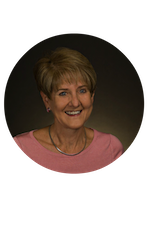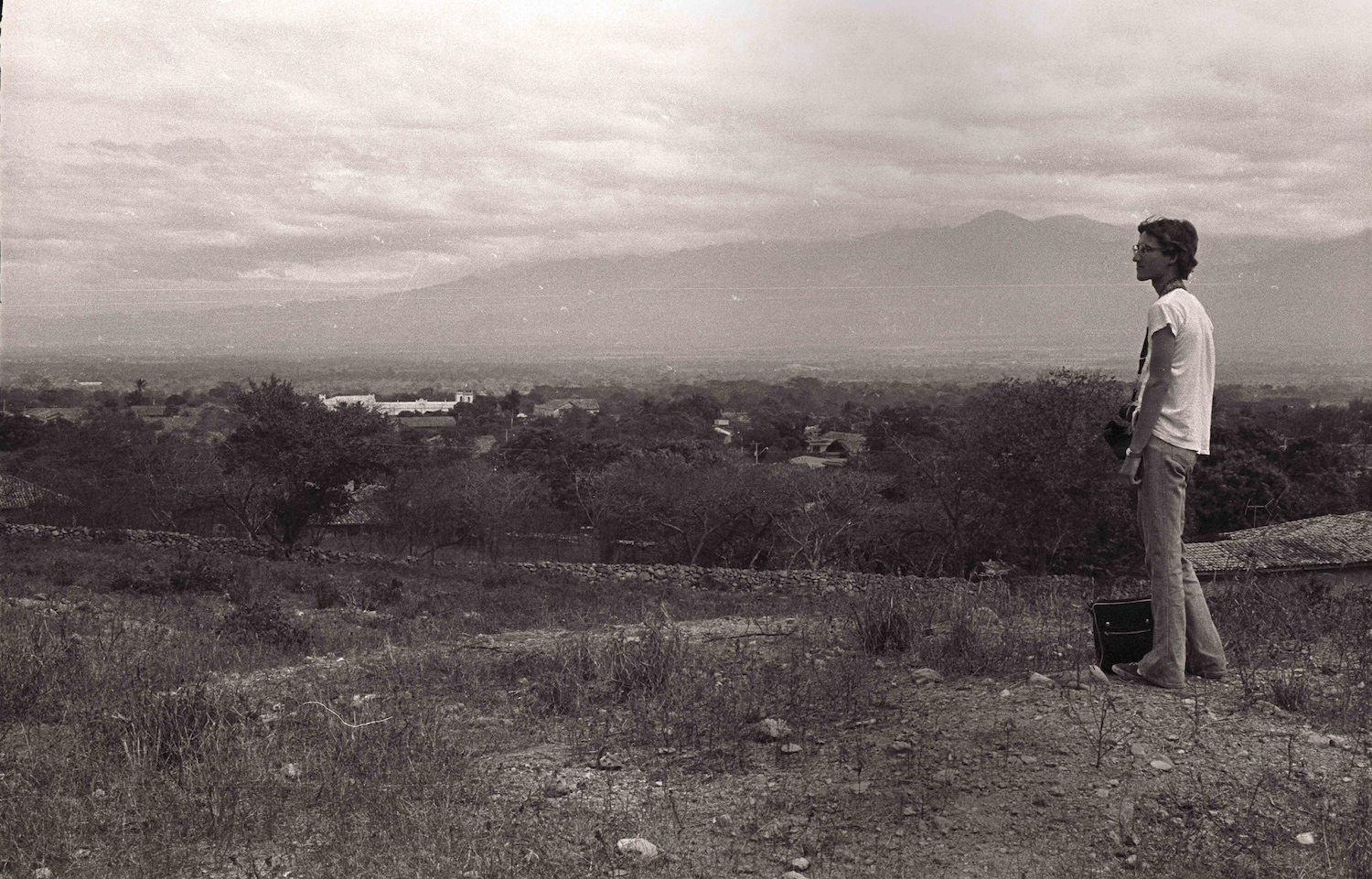Judith Martin wanted to go everywhere and see everything.
She grew up in a conservative Mennonite family with Amish grandparents, and often wondered as a child what was beyond her familiar borders.
“I even wore a cape dress and covering when I attended Lancaster Mennonite School and was always curious about the world,” Martin said. “I wanted to move beyond the confines of my family and church.”
And she did. She taught Bible school in Puerto Rico and went to France and Algeria for three years with her husband through the Teachers Abroad Program.
The experiences were so transformative, and Martin, now professor of communication at Arizona State University saw similar changes happening to other Americans she was with. “I became this huge [study abroad] cheerleader.”
At a CIEE (or IEE) conference in the 1980s, she met Henry Weaver, former Goshen College professor; after years of research, they would eventually write Students Abroad, Strangers at Home: Education for a Global Society with Goshen professor Norman Kauffman.
Her passion for international work led to a job in study abroad administration, teaching positions in ESL, communication and international studies, and Martin’s current position in intercultural communication. She taught pre-departure and re-entry classes for years to help students prepare and debrief, and now works to help students recognize white privilege and interracial relationships.
“It’s all connected,” she said. “Whether we study intercultural or interracial communications, the overall frameworks are the same.”
She also succeeded in moving far beyond the circle of her childhood expectations. Her father supported education, she said, but to teach a woman wasn’t compatible with some of the strict guidelines in the church. “He had no idea what education would do for me,” she said. “Education in itself is transformative but international education? People are really changed in a good way.”
We talked to Martin about travel, the power of education, and theories about study abroad.
On her research with Goshen College
In the late 1980s, study abroad research was in its infant stages, anecdotal or scattered in different journals and disciplines. We looked at the impacts on students’ cognitive development, personal development, and attitude, connecting stories from students at University of Minnesota (where Martin taught), University of California (where Weaver was teaching) and Goshen, with what other study abroad research said. We wanted to write a book that would appeal to a wide audience—students, administrators and researchers.
On the importance of preparing people to go abroad
The best programs help to match students with their abilities. Some students would start out doing short-term programs in England, and then branch out to more impoverished countries for longer periods of time or enroll at universities overseas.
Students need this variety of programs based on personal and attitude development. Some research shows that if students get in situations that are really demanding, they may feel vulnerable, get kind of egocentric and go backwards.
You have to present students with challenges but also give them support—get them out of their comfort zones and then help them develop personal strength and knowledge. I have taught many semester-long pre-departure and reentry courses to help students prepare and debrief.
Pre-departure prepares mental attitudes. You can’t eliminate culture shock, but you can provide skills to deal with that shock—introduce new perspectives, a framework to look at an individual’s cultural position in the world.
On changing intercultural relations
One of the impacts I’m most interested in is social media. People are much more connected now, with opportunities to develop and maintain relationships across cultures. You can keep in touch with host families through social media or meet people on Facebook; in my online classes I’ve connected students in the U.S. with students in Singapore and Iceland, Yet are we any more understanding? It’s something I ask myself all the time. I always hope we’re getting better.
Many of our global issues come from injustices with historical and political relationships due to lack of understanding. There may be a lot of goodwill, but I don’t know if we’re making progress on a global scale. I’m not pessimistic about the future—attitudes can change by giving people in-depth intercultural experiences.
You can’t just throw people together. A theory called the contact hypothesis says when groups of people from different cultures come together, the way that interaction is structured is very important, and can lead to better attitudes or can also reinforce stereotypes. If you go overseas without the right context, you can do naïve or even offensive things.
On moving toward the study of domestic relations
I still encourage people to study abroad, but my classes have moved away from that. In Algeria, I was the minority of sorts, so that background informs my current work. I’m not saying I know what it’s like to be a racial minority, but the experience gave me a tiny bit of understanding.
My recent work is focused on domestic intercultural issues and less on global—interracial relationships, helping white students understand their own privilege in the world.
Often when people travel for the purpose of helping others, they actually get more help themselves. One of the reasons I stopped concentrating so heavily in study abroad was that I seemed to always be working with white, very-privileged college students, and I got more interested in interracial relations in the U.S.
Judith Martin is professor of human communication at Arizona State University. She graduated from Eastern Mennonite University (BA) and Pennsylvania State University (PhD) and has previously taught ESL, and worked in both the Office of International Education and the Department of Speech Communication at the University of Minnesota.




